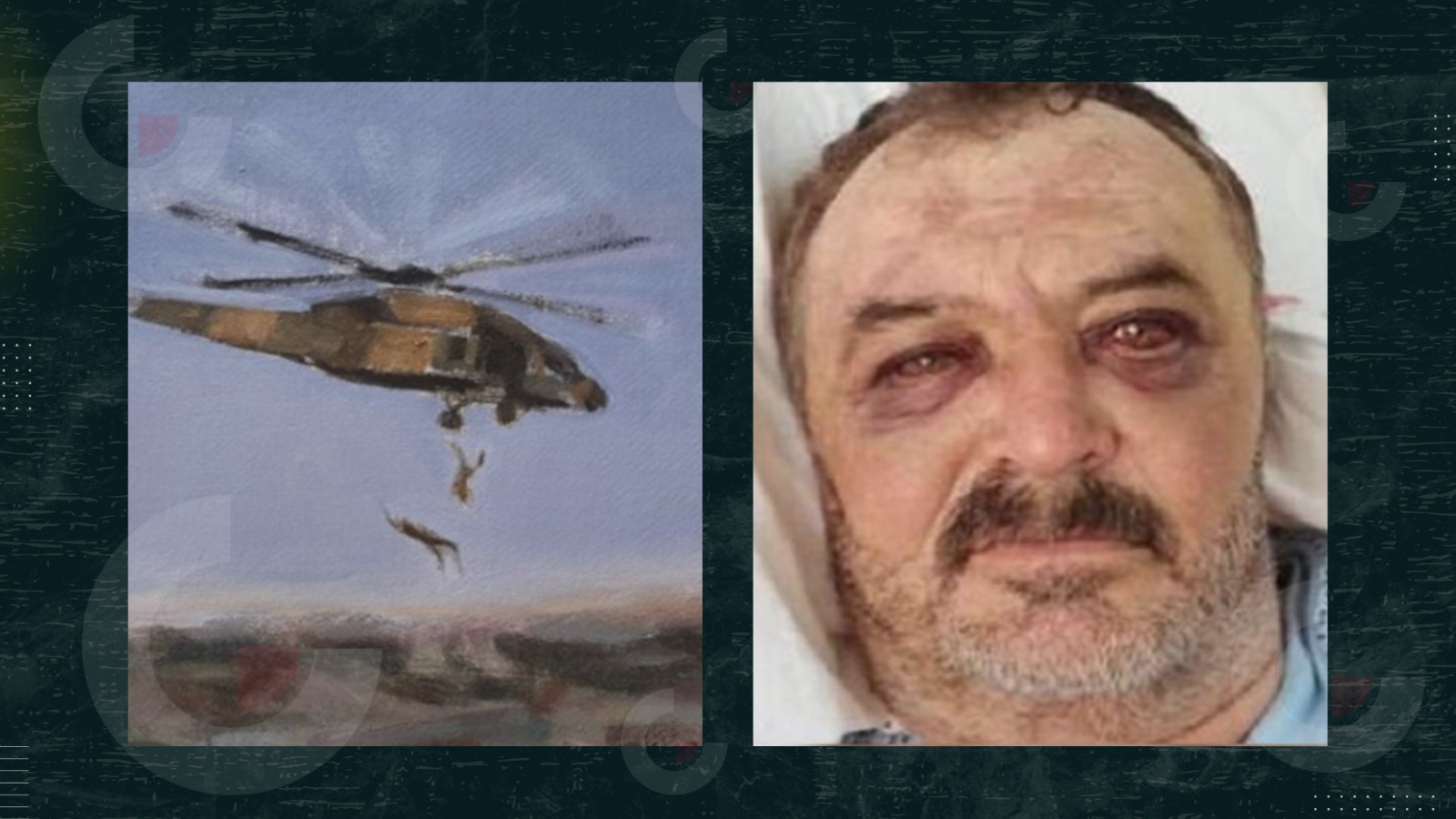Osman Şiban, who was thrown from a helicopter after being detained by Turkish soldiers in Wan province in September 2020, has been sentenced to 7 years and 6 months in prison for “being a member of a terrorist organization”. Lawyers defending Şiban, who is banned from leaving the country, will appeal against the court decision.
In the incident where Osman Şiban was seriously injured, the other person, Servet Turgut, who was also thrown off the helicopter, died after being treated in the hospital for about 20 days. According to the report prepared after the incident, Turgut’s death and Siban’s serious injury were caused not by being thrown from a helicopter, but by the tortures committed by Turkish soldiers. In the report, which also includes the testimony of Şiban, it is stated that both Kurdish villagers were beaten in the helicopter, pushed out of the helicopter at a military post, and lynched by more than 100 soldiers.
After the attack, which was described as one of the most serious tortures perpetrated against Kurdish civilians by Turkish soldiers in recent years, both Kurdish men were taken to intensive care. The lawyers of the families of the victims had filed a criminal complaint against the soldiers on charges of “willful injury”, “attempted murder”, “misconduct in office” and “torture”. While the attorneys state that the process takes too long due to a unilateral confidentiality order in the investigation by the Turkish authorities, they are concerned that the case will result in impunity.
Mezopotamya Agency (MA) reporters, who documented the throwing of villagers from a helicopter while the attack was on the agenda, were arrested in October 2020 for “making social news against the state”. At that time, Amnesty International had sent a letter to the Turkish authorities for the freedom of the journalists. Finding the government’s statement contradictory, the organization also called for independent research. The journalists of MA were released after 6 months of imprisonment. The lawsuit filed against Ferhat Çelik and İdris Yayla, the journalists who covered the incident as well, is still ongoing.

